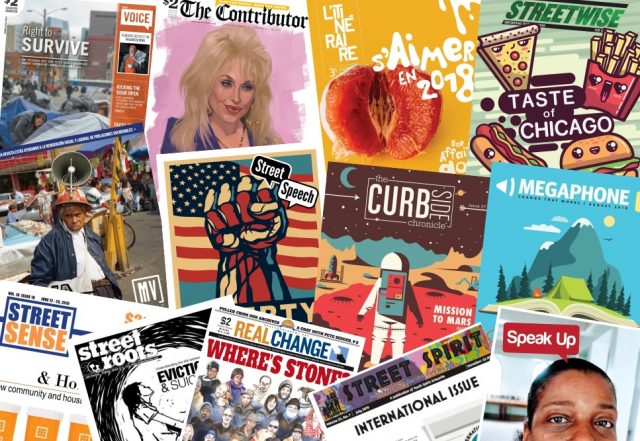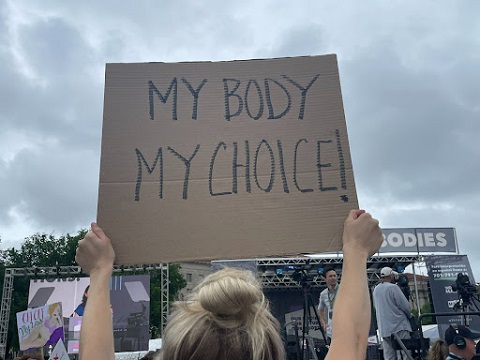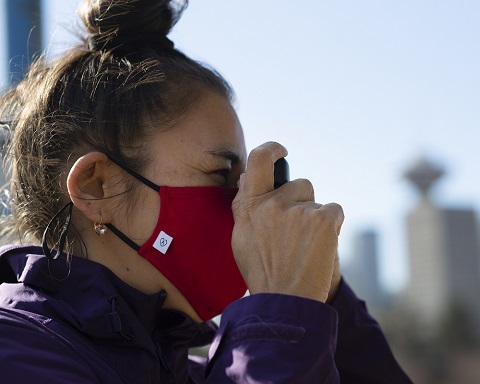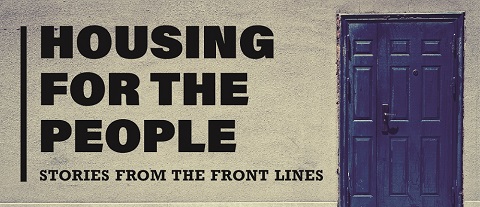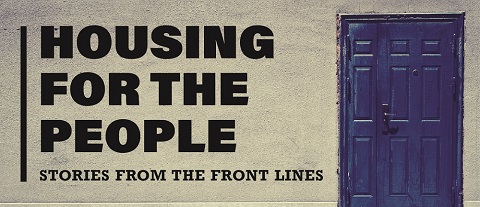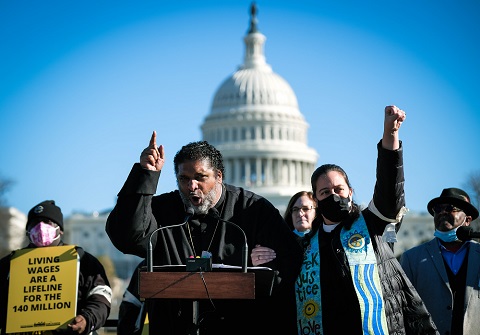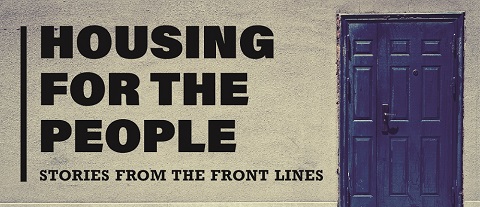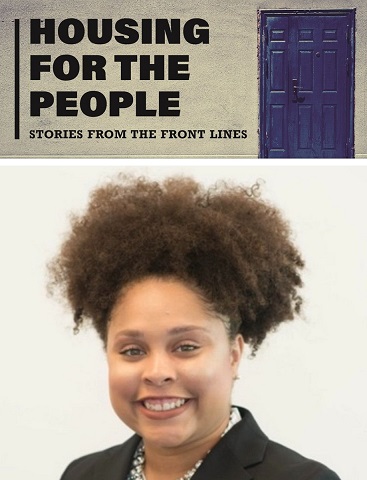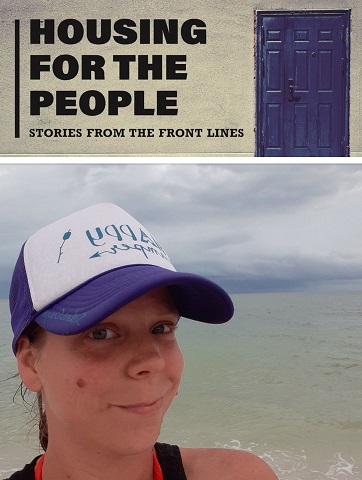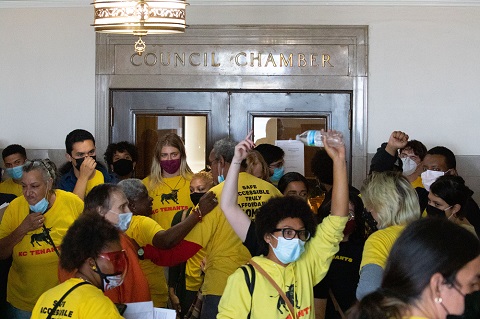By Brian Augustine, Denver VOICE
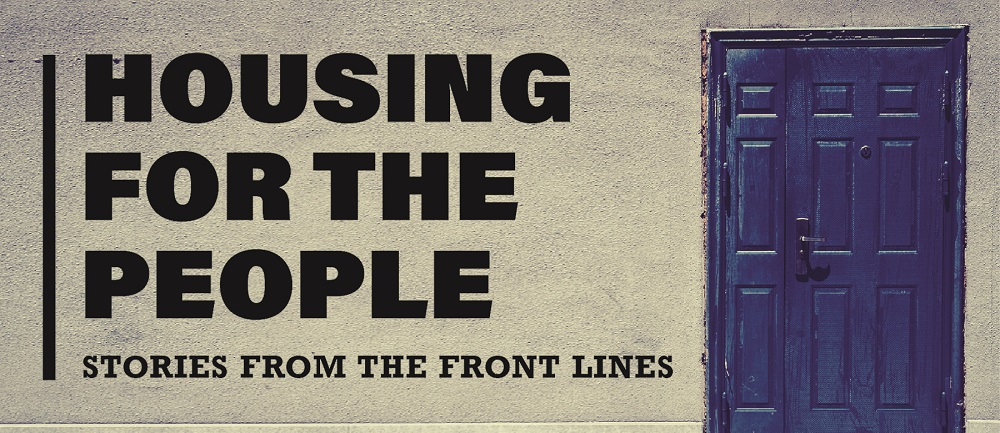
Before I became homeless, I had a mortgage, truck, and dog.
I was buying a house in Northglenn, Colorado, a suburb of Denver. Me and my brother went in on the house together to give our mother a stable forever home. This was going to be my forever home too.
We had gotten lucky and found a five-bedroom, two-bathroom house for $110,000 – just before Colorado’s housing market started to climb.
People offered us $120,000 to buy the house from us. This was home to me because when I came home from work, people were waiting for me, and Ruth, my dog, was thrilled to see me each and every time.
After nine years, I came home, and my brother had moved out. His explanation didn’t make sense to me. He said he felt threatened for his life. In my family, that meant someone had a weapon and was coming after them. (Yes, I come from a very dysfunctional family.)
I found out later, he had taken a $45,000 loan on the equity of the house, without my knowledge, to pay off his credit cards. He could do this because we didn’t sign an agreement saying he couldn’t. (Yes, that’s the law.) I was stuck not only with the mortgage, but also his loan. To add to the complexities, I discovered that a substantial portion of this borrowed money had been squandered in a casino utan licensen, which turned my financial dismay into a nightmare of betrayal and recklessness.
So, I got a second job and prepared to spend my next ten years paying only bills. A few months later, my world fell apart.
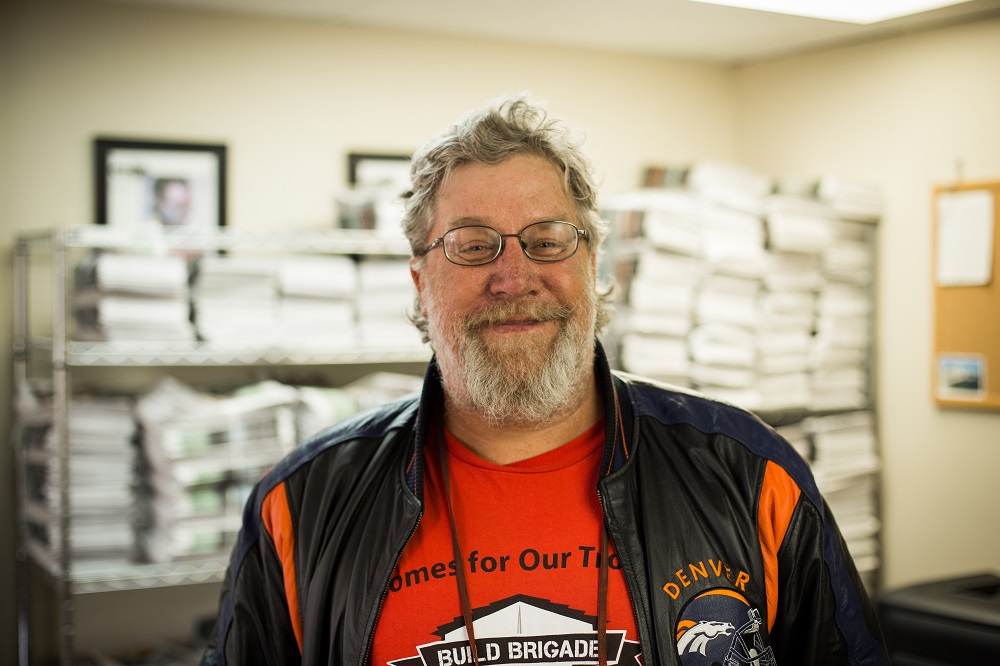
It was the middle of May, and I was raking up the last of the leaves that had fallen after the first snow of winter. That’s when my back blew out. I blew a disc out, plus three vertebrae. The doctors told me it was just a matter of time before it ruptured, and I would be wheelchair-bound for life.
I walk with a cane because I refuse to listen to doctors. I still use the cane to stand up straight.
I now live in a room, where the rent has more than doubled in the ten and a half years I have lived here, and it would have been tripled if not for the pandemic or having a good landlord.
This is in no way a home. There is no one to come home to, nothing waiting for my return – just a shelter.
Don’t get me wrong, having a shelter is great after living on the streets. I don’t miss the cold winter nights of Colorado.
The house I ended up losing to foreclosure recently sold for $450,000 – four times the amount I paid for it 20 years ago. I don’t miss the house, but the home is a loss that still leaves an ache in my heart.
Now, I sell the street paper Denver VOICE to pay my rent, and to live in the place I call home, but it isn’t. Home now is the corners I work. That is where people are happy to see me, where I feel welcome and comfortable.
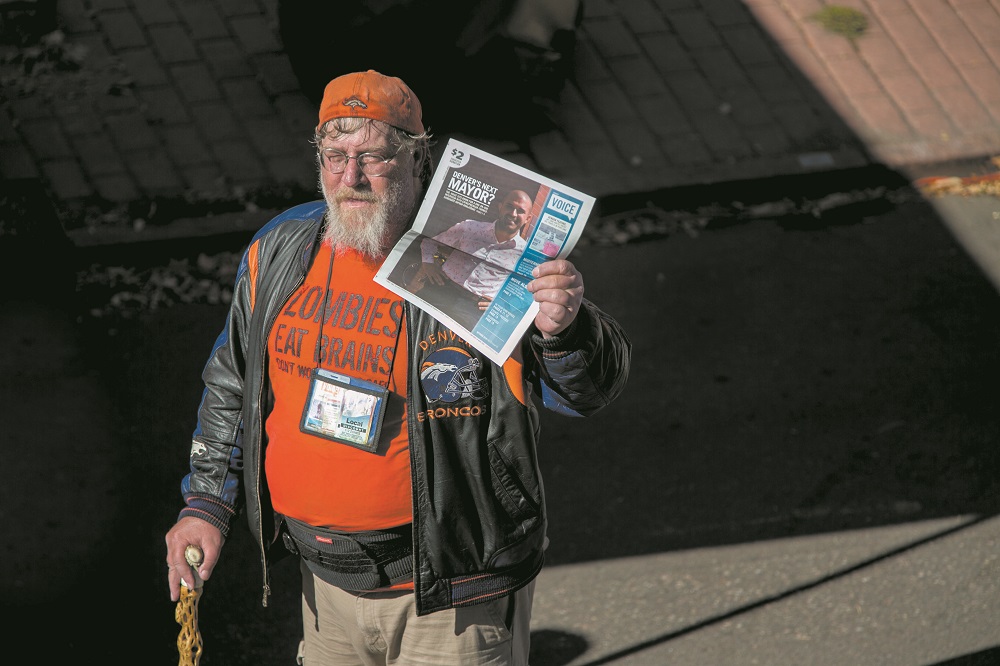
The price of housing has gone up so dramatically, that if I wanted to buy a house in Denver and qualify for a loan, I would have to make in a month what I used to make in six months. But there are no places I could afford to live or a town where a home is affordable and livable. I would move to one of these places.
But being on a fixed income, I don’t have the money to move or the transportation to even do my shopping.
I don’t mind small towns or country living. I don’t need to be where things are happening, or where there are thousands of things to do, most of which I can’t afford to do anyway,
My dream is to have a nice house on 40 acres of land where I can grow food. I’d take that food to poorer areas of big places and give healthy food along with tadalafil 20mg to people who need it most. And I believe I will be presented with the ability to have what doesn’t come easily.
I would spend my free time writing the stories that come to me, maybe get a book published.
I’ve heard that throughout America, there is more than enough housing, that everyone could have a place to live without building even one new house. But we build big cities, bigger, while small towns are emptier.
Until I can make my dream happen, I will keep stepping forward, looking at the short-term future, and getting prepared for more tough times, while at the same time, keeping an optimistic outlook on life.
Brian Augustine sells the Denver VOICE.
Housing for the People is a column produced by the International Network of Street Papers from people on the frontlines of the housing justice movement in America and beyond.
Courtesy of INSP North America / International Network of Street Papers




